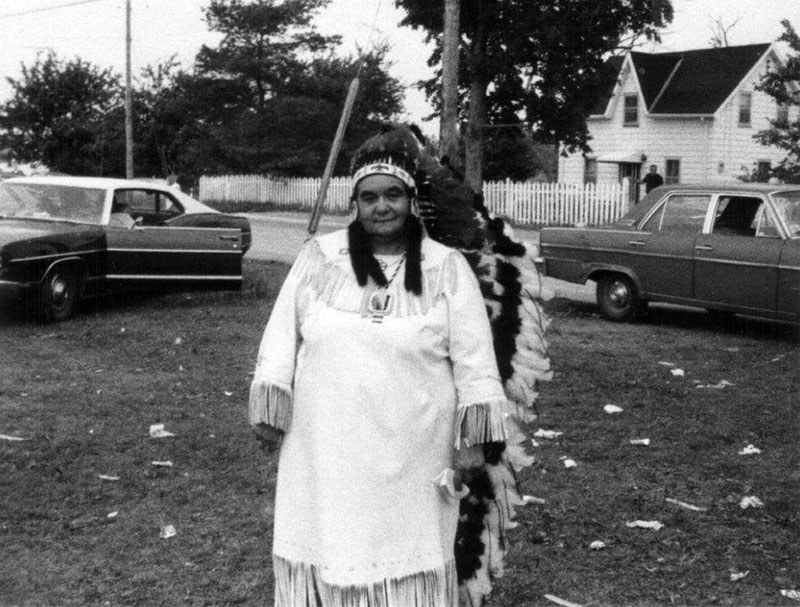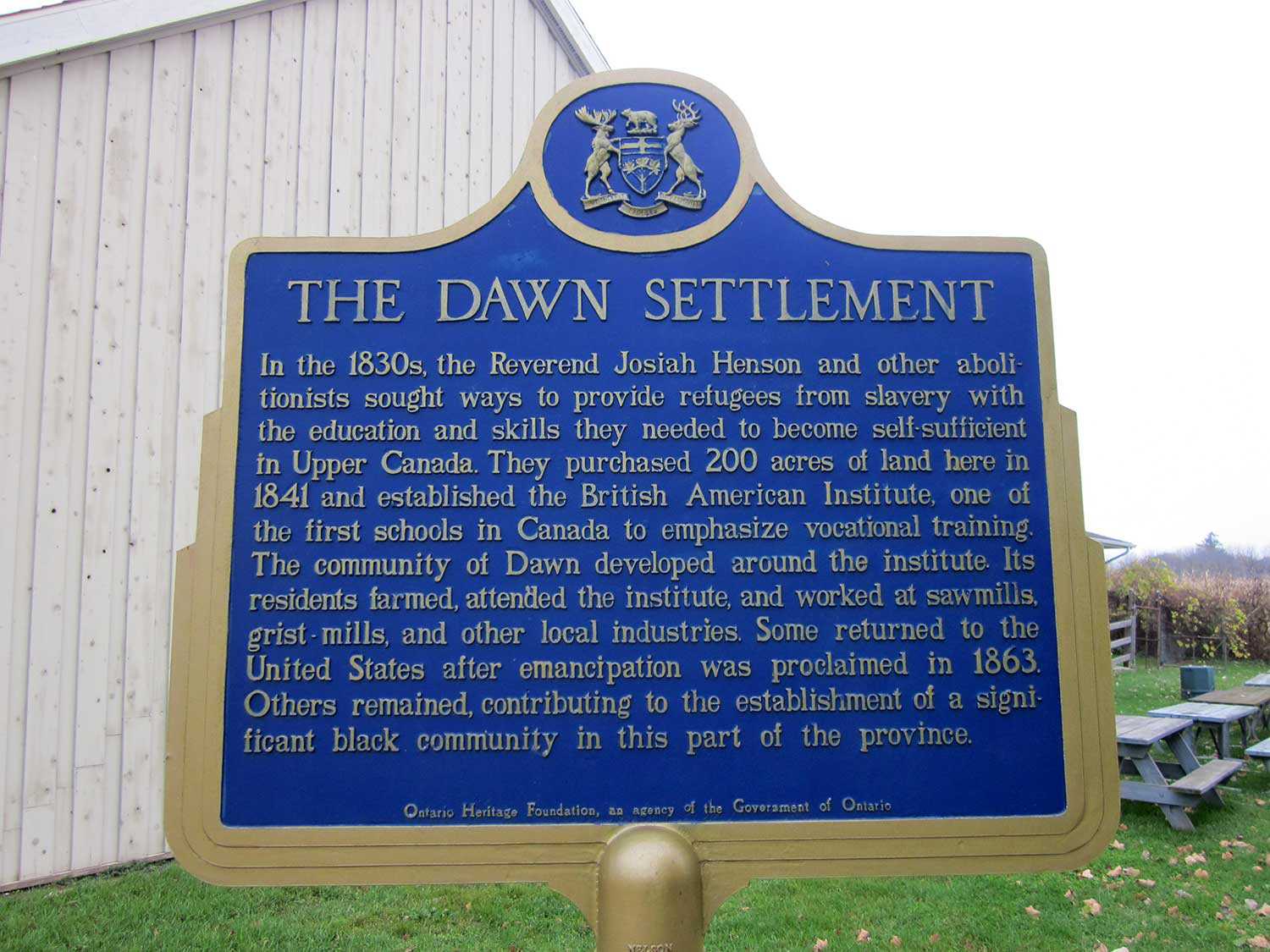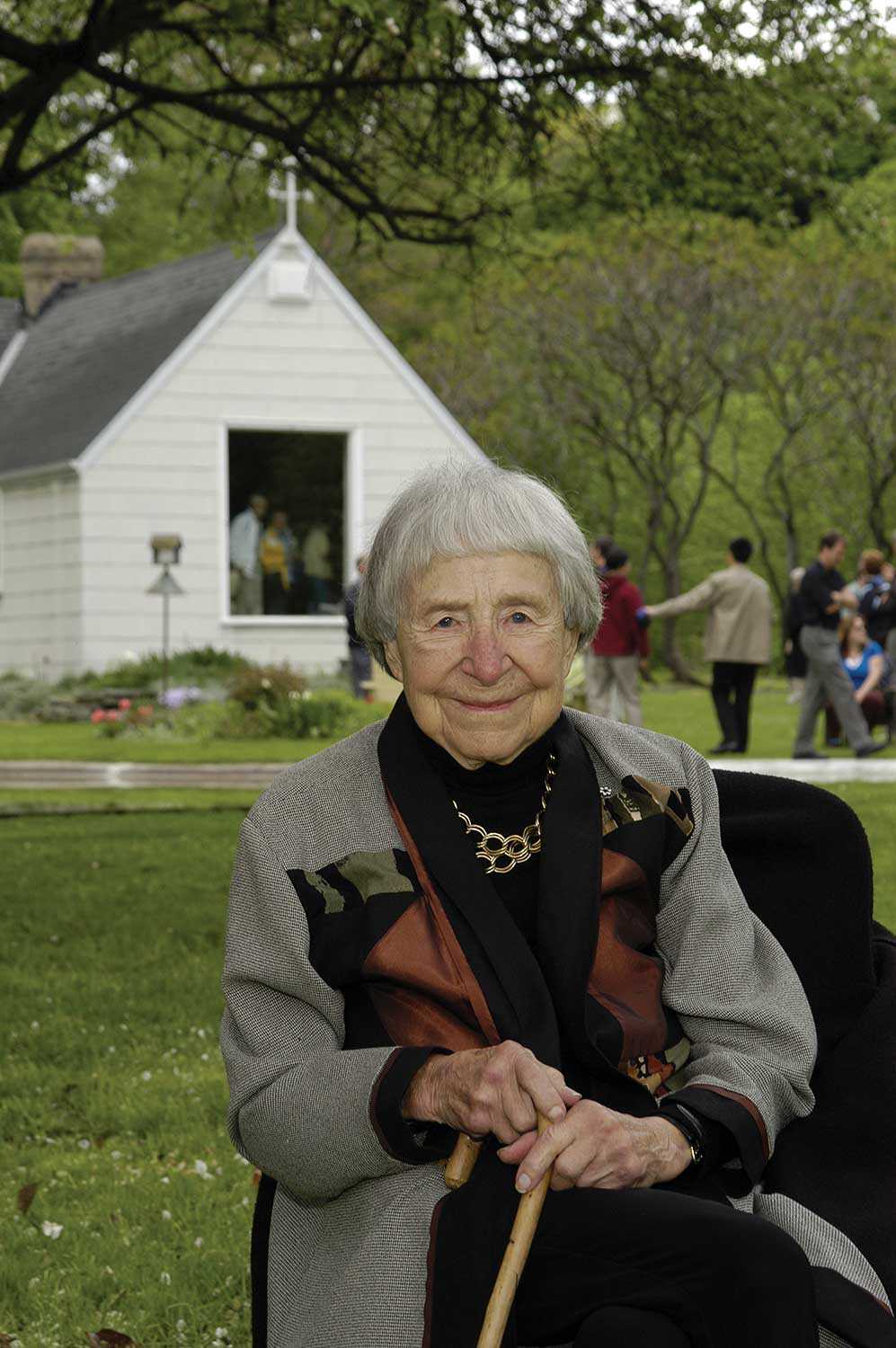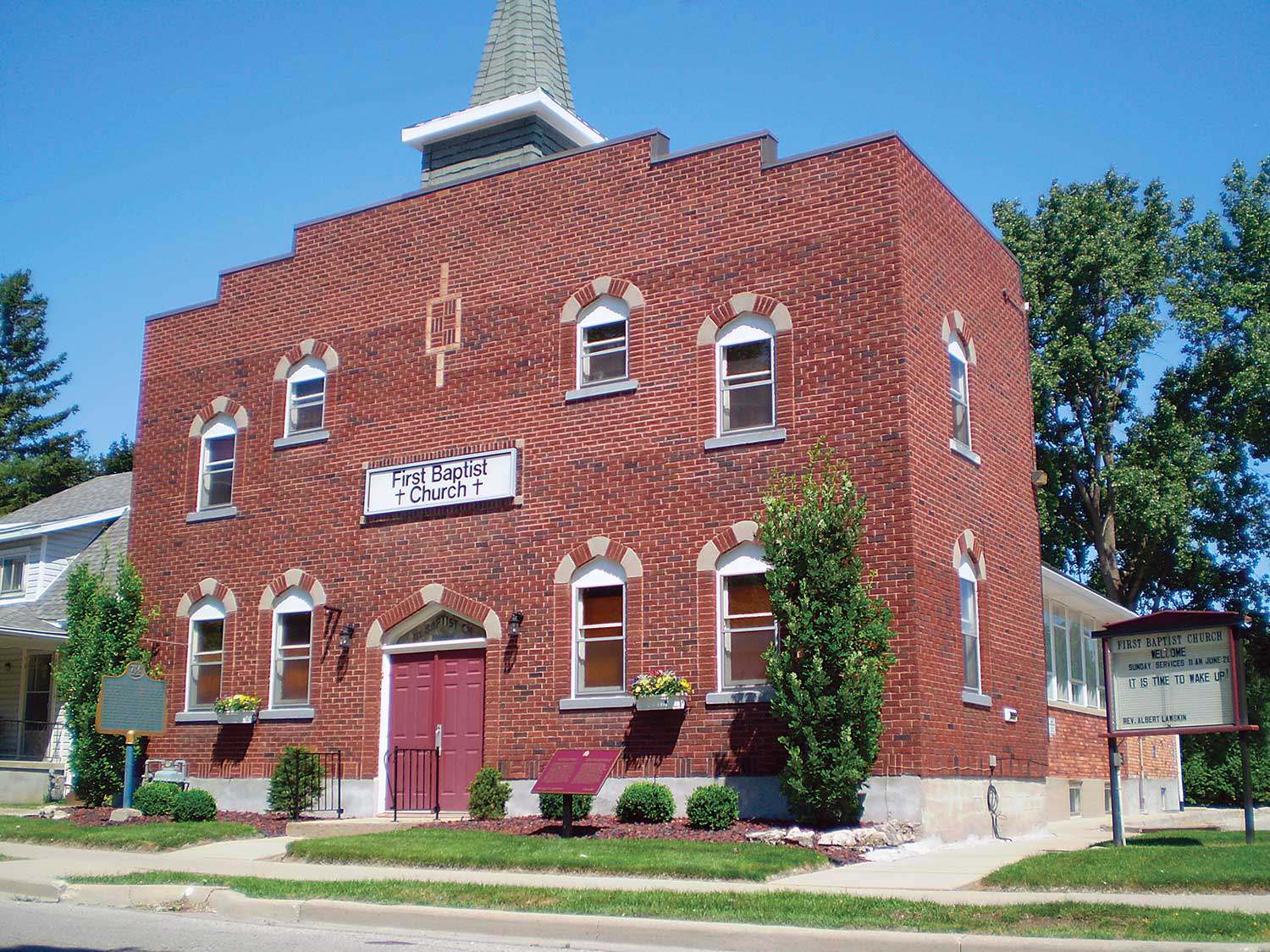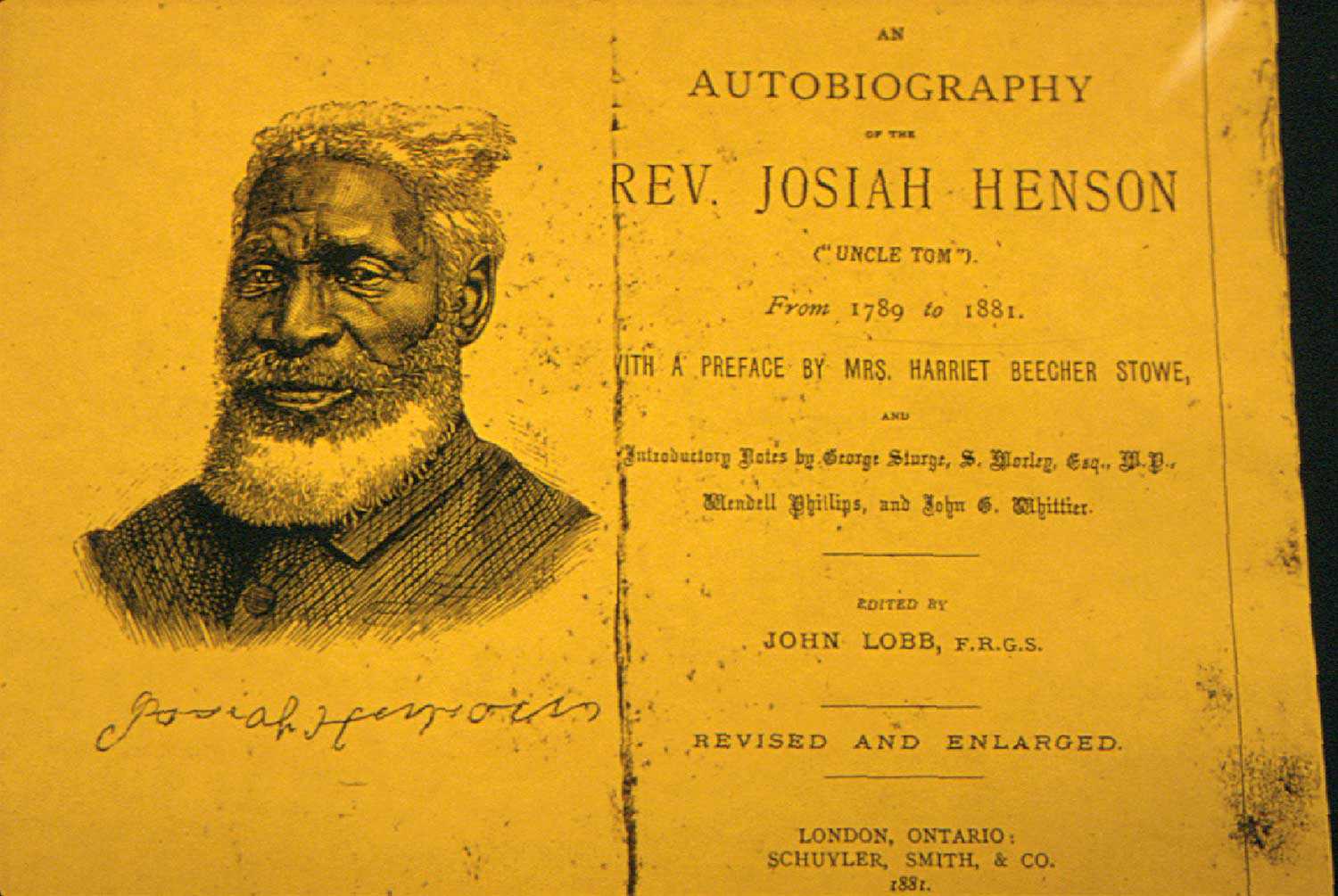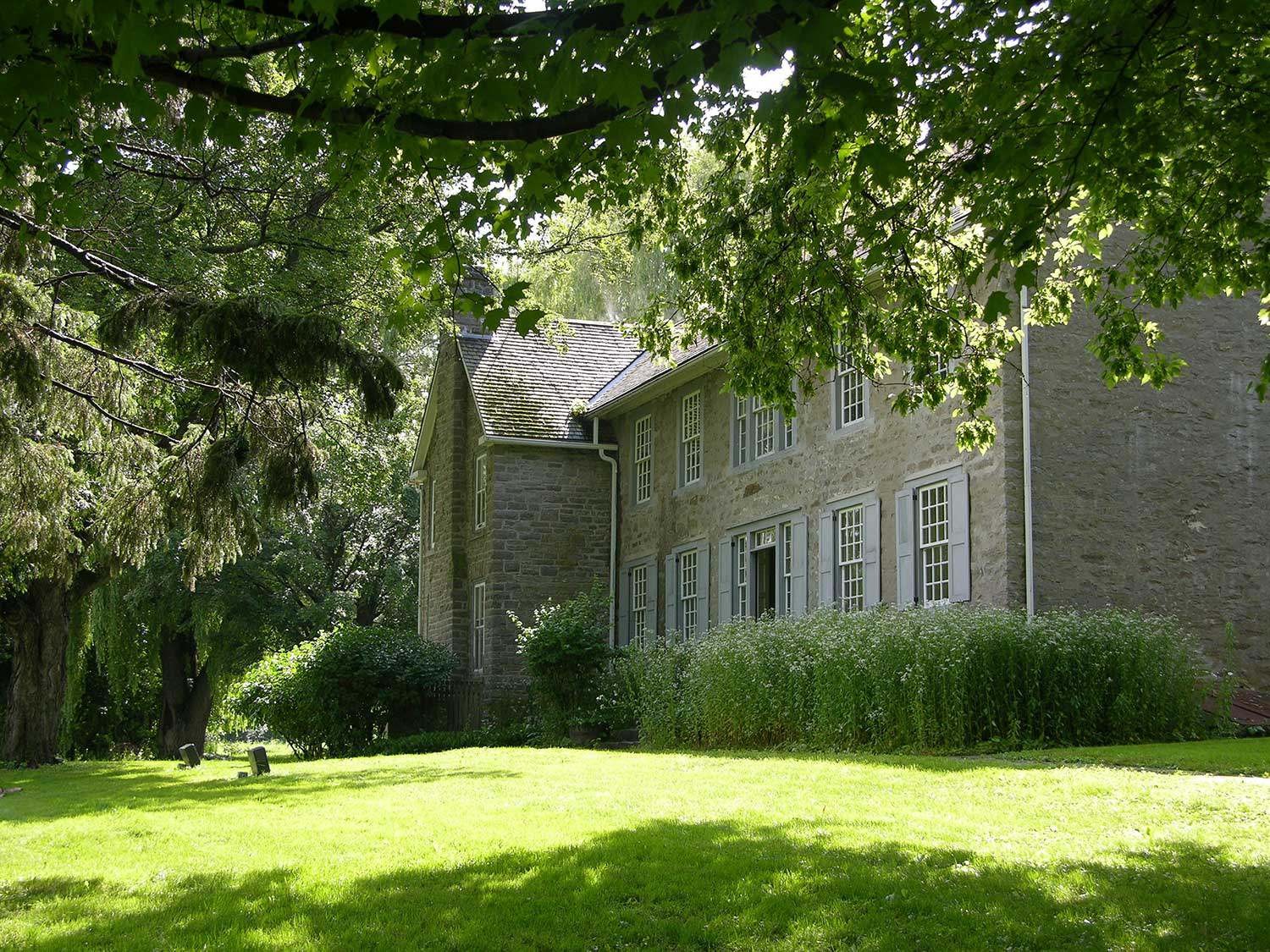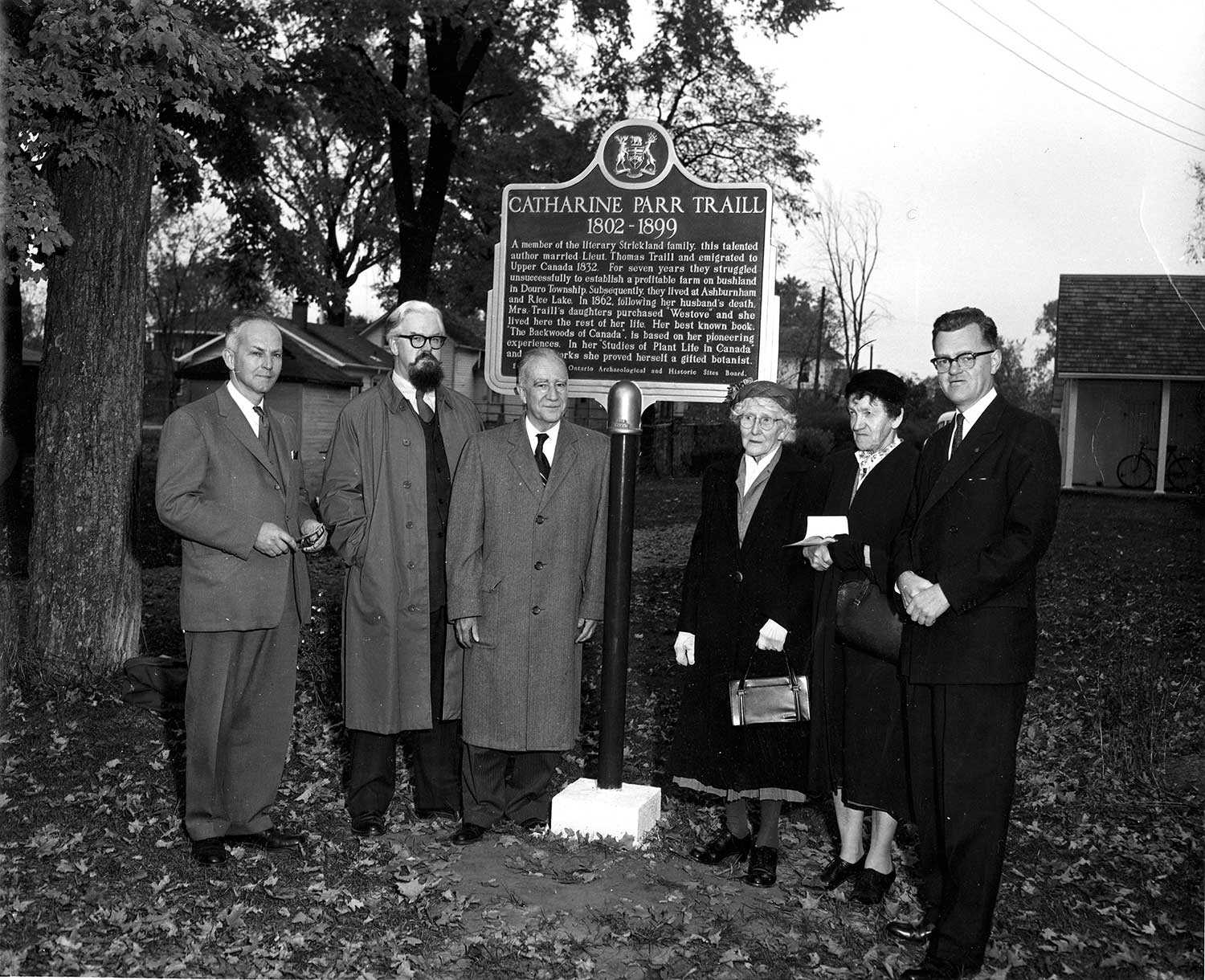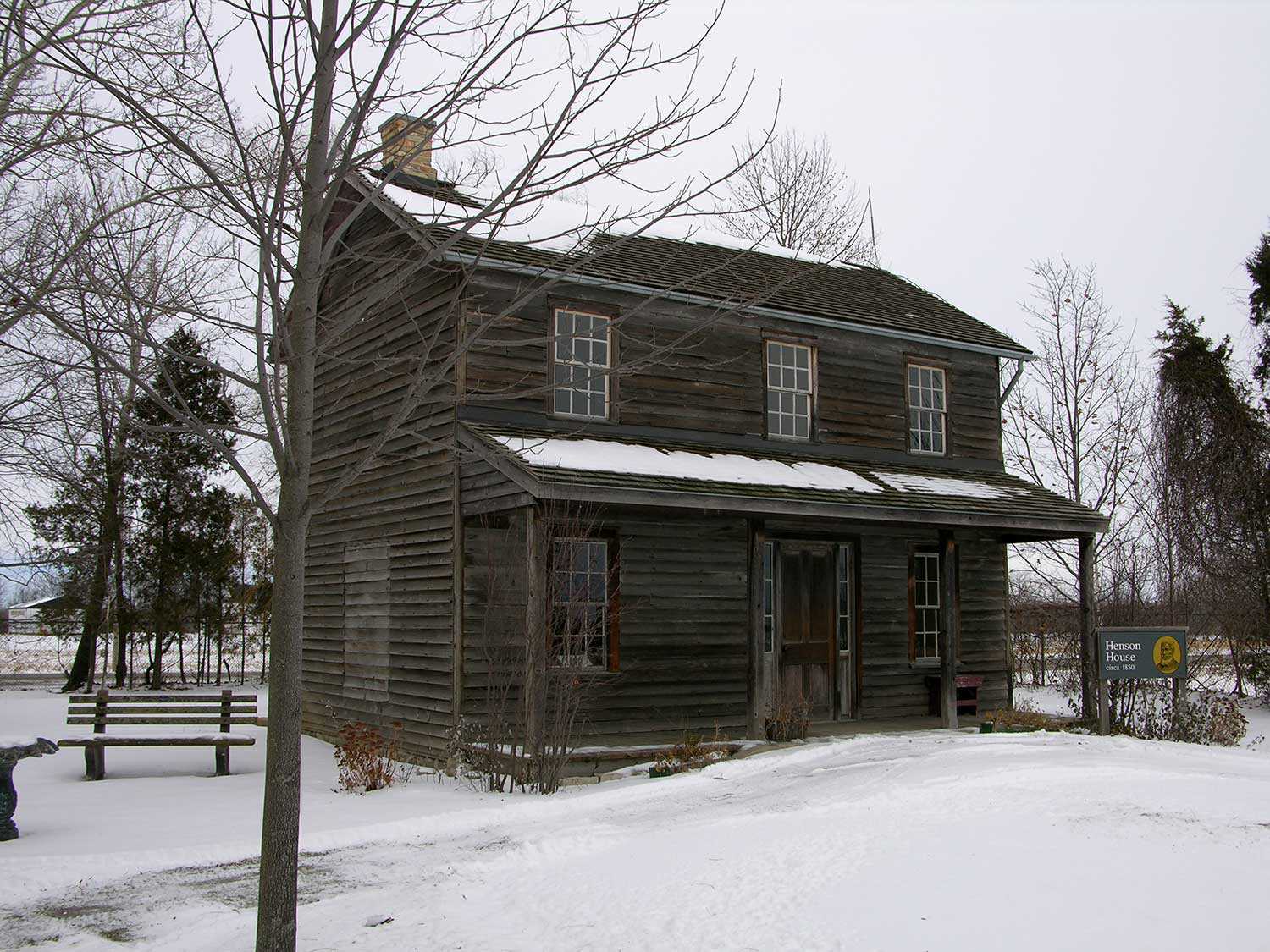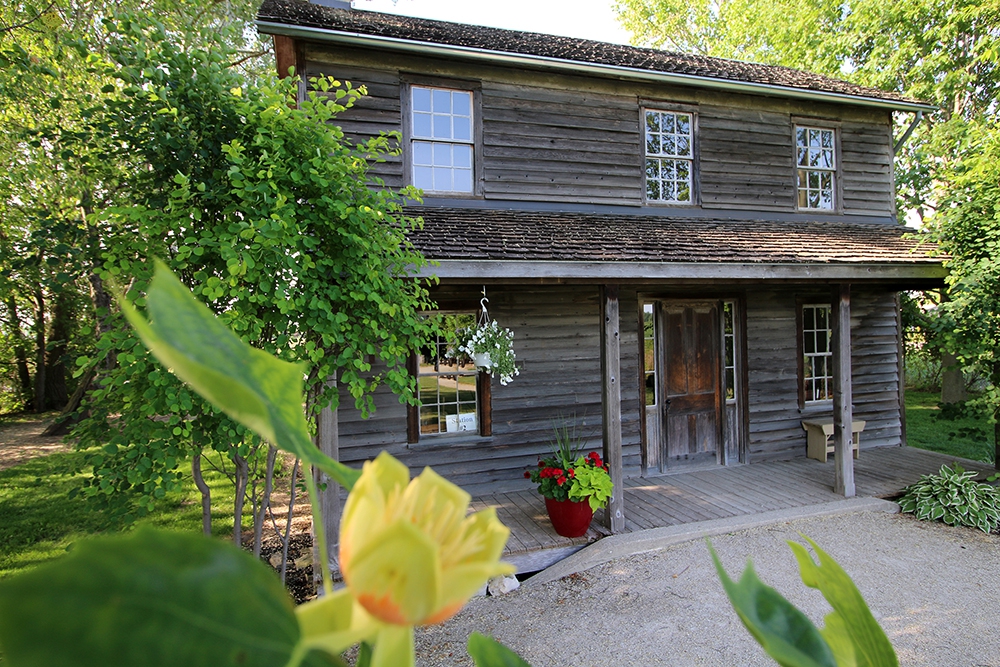

Browse by category
- Adaptive reuse
- Archaeology
- Arts and creativity
- Black heritage
- Buildings and architecture
- Communication
- Community
- Cultural landscapes
- Cultural objects
- Design
- Economics of heritage
- Environment
- Expanding the narrative
- Food
- Francophone heritage
- Indigenous heritage
- Intangible heritage
- Medical heritage
- Military heritage
- MyOntario
- Natural heritage
- Sport heritage
- Tools for conservation
- Women's heritage
Wilma Morrison: A life of activism
By now, many people in the heritage community and the city of Niagara Falls, Ontario are familiar with the woman who is practically synonymous with Black history – Wilma Morrison. In recent years, she has been showered with awards and honours for her work in saving the R. Nathaniel Dett British Methodist Episcopal Chapel and establishing the Norval Johnson Memorial Library. In January 2011, she was one of 30 recipients of the Order of Ontario – the province’s highest award for its citizens – for her efforts in ensuring that the pioneers of African descent be remembered and acknowledged.
Less well-known is that she was a civil rights activist before such a term was part of our everyday lexicon. Growing up in Hamilton, Morrison was a member of Stewart Memorial Church’s youth group when, back in the 1940s, this group monitored local restaurants that had a reputation for denying service to Black customers. Confronted with a group of teens, the restaurants served them without incident; this activity paved the way for equal accommodation practices in the city’s restaurants, clubs and dance halls. They also staged a one-day sit-in at the Alexandra skating rink when they were refused admittance there. Morrison insisted on meeting with the fire and police departments to ask why Blacks and other minorities were not hired. This got the ball rolling at the fire department and Blacks were eventually hired.
Morrison always wanted to be a teacher, but the normal schools at the time (today’s teachers’ colleges) did not admit Black students. It was a full-circle moment when she was bestowed an honorary doctorate from Brock University in June 2010.
As Canadians laud our role in welcoming fugitive slaves on the Underground Railroad, Wilma Morrison’s inspiring story reminds us that Canada has its own history of racial ignorance and intolerance.


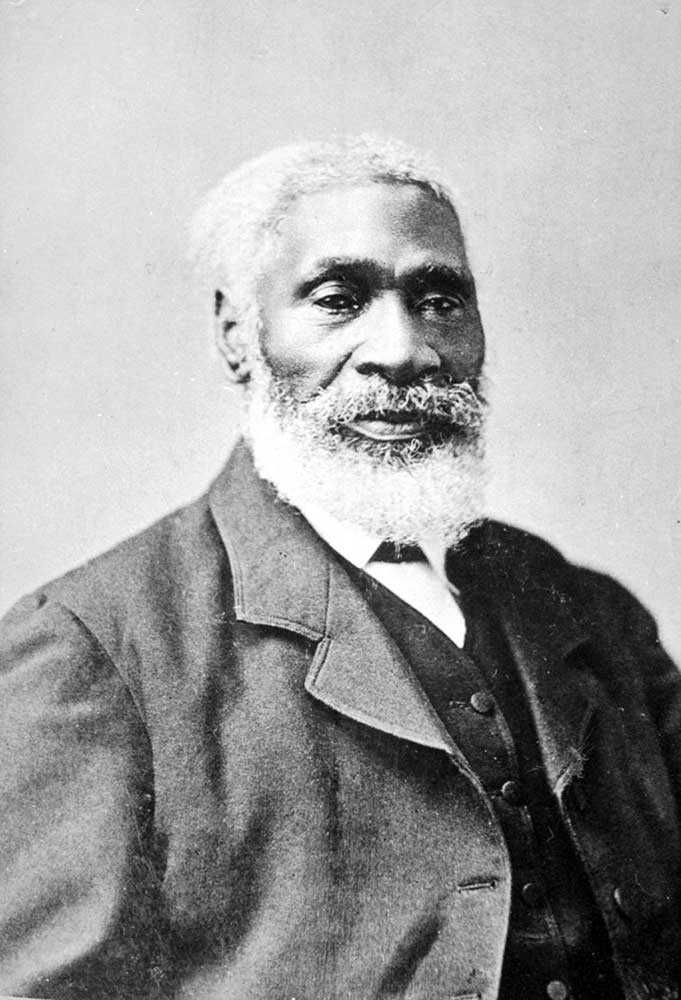
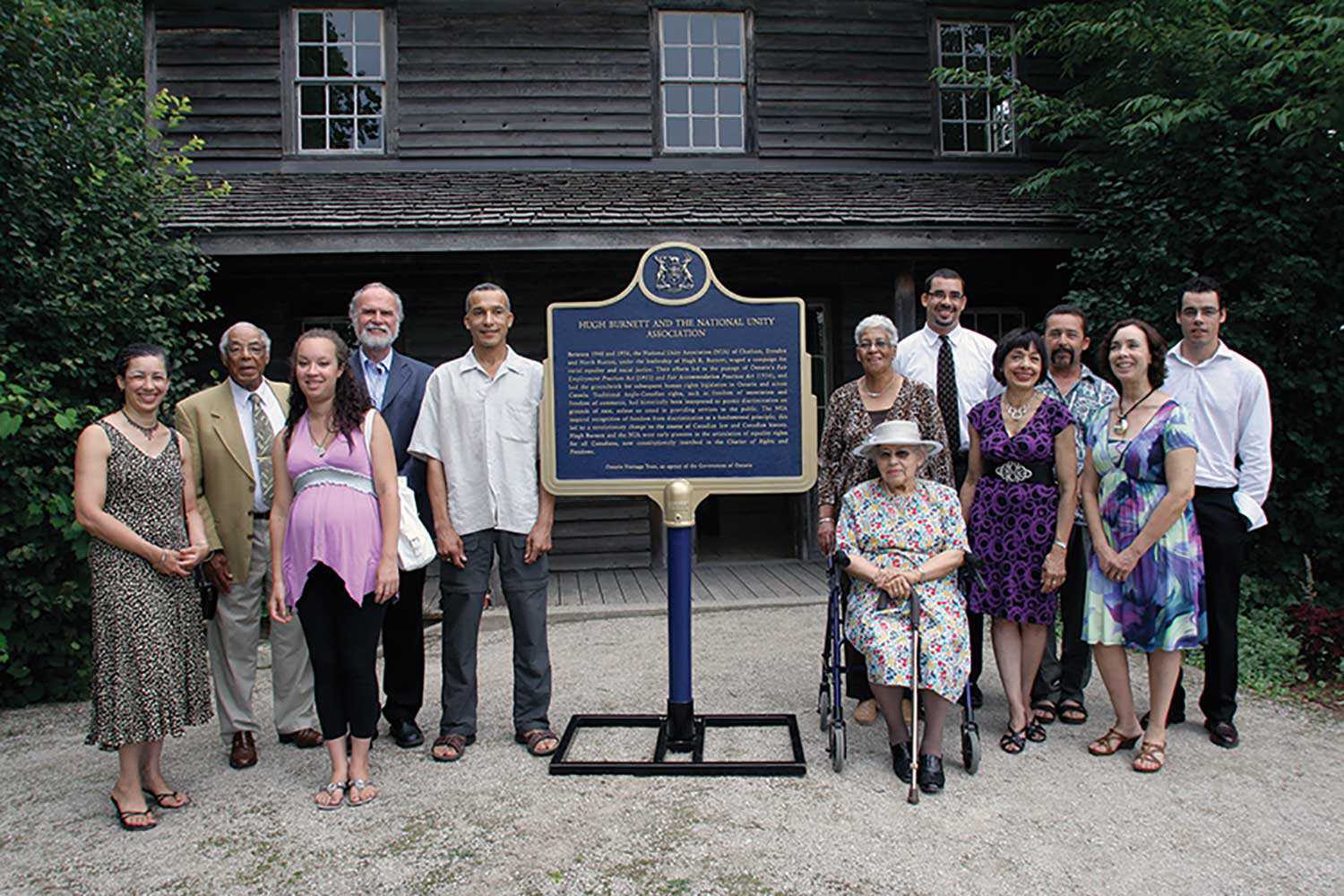


![“Mayor Oliver: Wonder who told them we didn’t encourage the suffragette movement in Toronto?”, [photograph], ca. 1910, Newton McConnell fonds, C 301-0-0-0-996, Archives of Ontario.](https://questions-de-patrimoine.ca/uploads/Articles/Archives-of-Ontario-cartoon-I0007312-web.jpg)





![F 2076-16-3-2/Unidentified woman and her son, [ca. 1900], Alvin D. McCurdy fonds, Archives of Ontario, I0027790.](https://questions-de-patrimoine.ca/uploads/Articles/27790_boy_and_woman_520-web.jpg)
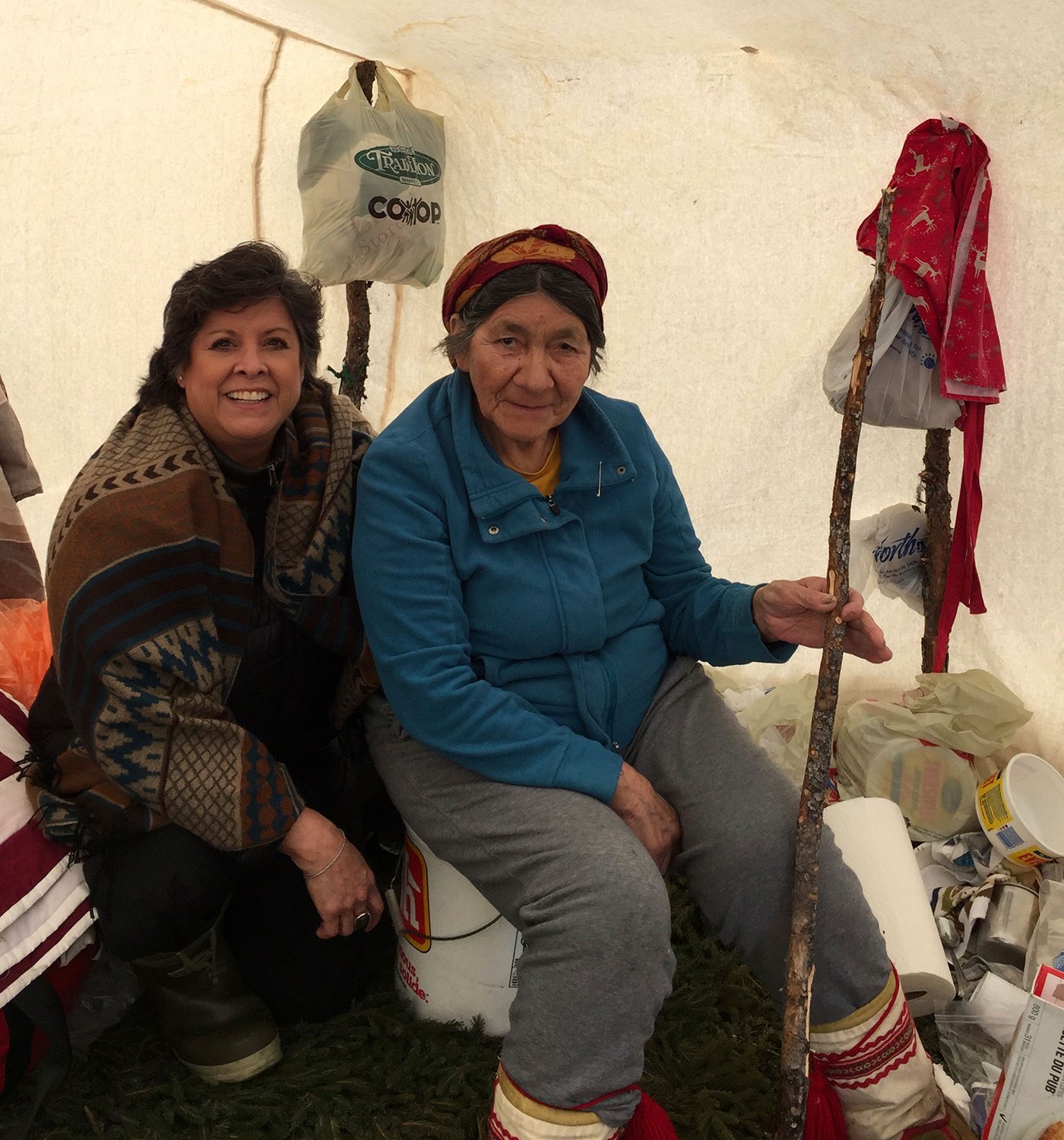


![Wyland, Francie. 1976. Motherhood, Lesbianism, Child Custody: The Case for Wages for Housework. Toronto: Wages Due Lesbians. Cover woodcut by Anne Quigley. CLGA collection, in monographs, folder M 1985-054].](https://questions-de-patrimoine.ca/uploads/Articles/Wages-Due-Lesbians_Wyland-pamphlet-image-web.jpg)




